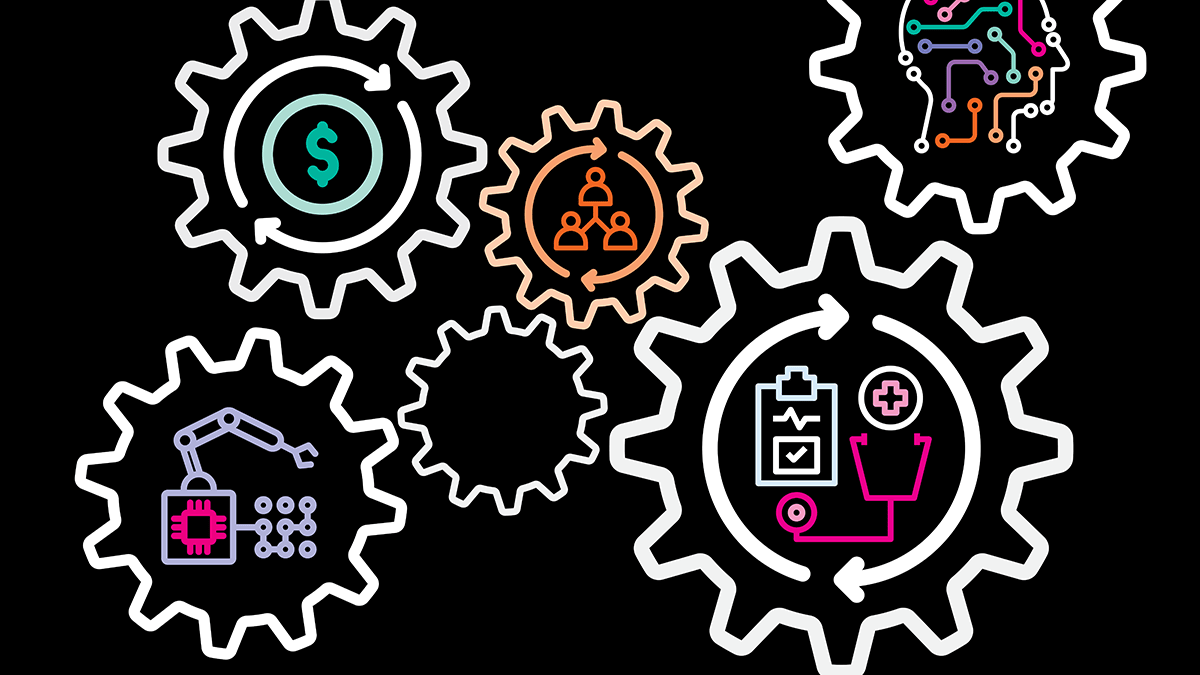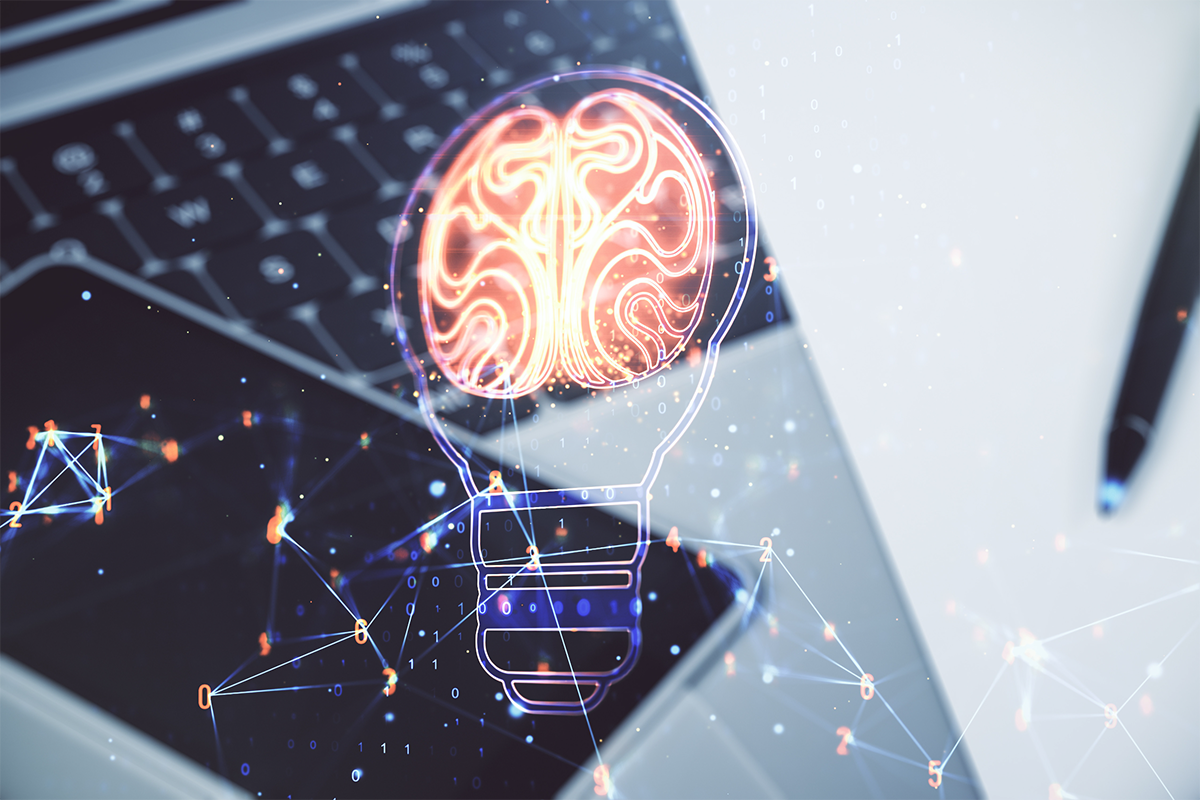
Are we ready to trust AI with our bodies?
This story originally appeared in The Algorithm, our weekly newsletter on AI. To get stories like this in your inbox first, sign up here. I hate going to the gym. Last year I hired a personal trainer for six months in the hope she would brainwash me into adopting healthy exercise habits longer-term. It was…
Read More
Driving companywide efficiencies with AI
Autonomous shopping carts that follow grocery store customers and robots that pick ripe cucumbers faster than humans may grab headlines, but the most compelling applications of AI and ML technology are behind the scenes. Increasingly, organizations are finding substantial efficiency gains by applying AI- and ML-powered tools to back-office procedures such as document processing, data…
Read More
Why Big Tech’s bet on AI assistants is so risky
This story originally appeared in The Algorithm, our weekly newsletter on AI. To get stories like this in your inbox first, sign up here. Since the beginning of the generative AI boom, tech companies have been feverishly trying to come up with the killer app for the technology. First it was online search, with mixed results. Now…
Read More
This robotic exoskeleton can help runners sprint faster
A wearable exoskeleton can help runners increase their speed by encouraging them to take more steps, allowing them to cover short distances more quickly. While previous studies have focused on how wearable exoskeletons can help people reduce the energy they expend while running, the new study, published today in Science Robotics, examines how wearable robots…
Read More
What’s changed since the “pause AI” letter six months ago?
This story originally appeared in The Algorithm, our weekly newsletter on AI. To get stories like this in your inbox first, sign up here. Last Friday marked six months since the Future of Life Institute (FLI), a nonprofit focusing on existential risks surrounding artificial intelligence, shared an open letter signed by famous people such as Elon Musk,…
Read More
These new tools could make AI vision systems less biased
Computer vision systems are everywhere. They help classify and tag images on social media feeds, detect objects and faces in pictures and videos, and highlight relevant elements of an image. However, they are riddled with biases, and they’re less accurate when the images show Black or brown people and women. And there’s another problem: the…
Read More
Getty Images promises its new AI contains no copyrighted art
Getty Images is so confident its new generative AI model is free of copyrighted content that it will cover any potential intellectual property legal disputes for its customers. The generative AI system, announced today, was built by Nvidia and is trained solely on images in Getty’s image library, and does not include logos or images…
Read More
Now you can chat with ChatGPT using your voice
In one of the biggest updates to ChatGPT yet, OpenAI has launched two new ways to interact with its viral app. First, ChatGPT now has a voice. Choose from one of five lifelike synthetic voices and you can have a conversation with the chatbot as if you were making a call, getting responses to your…
Read More
Bolstering enterprise LLMs with machine learning operations foundations
Generative AI, particularly large language models (LLMs), will play a crucial role in the future of customer and employee experiences, software development, and more. Building a solid foundation in machine learning operations (MLOps) will be critical for companies to effectively deploy and scale LLMs, and generative AI capabilities broadly. In this uncharted territory, improper management…
Read More
Make Machine Learning Work for You
The enthusiasm for AI and its applications is reaching a nadir, according to an August 2023 Gartner Hype Cycle press release, where generative AI is nearly perched atop the category of technologies at their “Peak of Inflated Expectations,” ready to plunge into the “Trough of Disillusionment.” A quick look at social media agrees, with some…
Read More